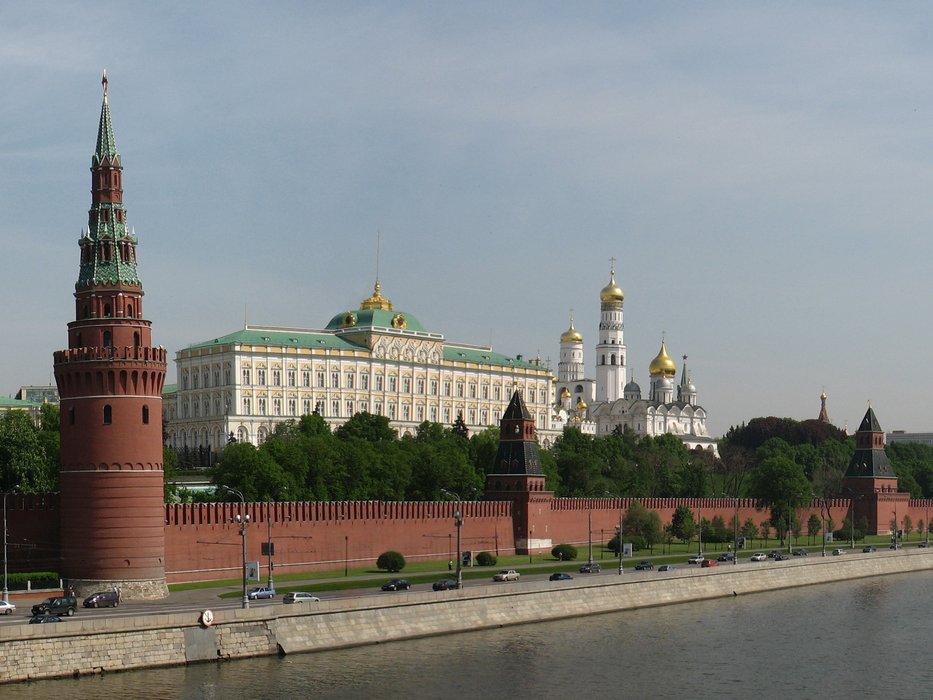
Freedom of association
Further tightening of restrictions on “undesirable” organisations
In June 2024, the Prosecutor General’s Office proposed banning foreign citizens involved with organisations that Russia deems “undesirable” from entering the country. The Ministry of Internal Affairs had earlier drafted a bill in April 2024 to introduce stricter regulations targeting foreign citizens engaging with such organisations. The Ministry argued that these restrictions were necessary to protect Russia’s constitutional order and national values.
On 8th July, the Russian Ministry of the Interior published a draft law to “tighten administrative measures for foreigners who pose a threat to public order.” As reported by Meduza, the draft law doubles the number of offences for which a foreigner can be expelled from Russia. In addition to introducing involvement in the activities of an “undesirable” foreign or international organisation as grounds for deportation, the bill provides for foreigners to be deported for various other offences, such as participating in unauthorised gatherings, desecrating religious texts or insulting state institutions. Deportation would be mandatory; alternative sanctions are not permitted.
Also in July, the State Duma amended the law on undesirable organisations to tighten it further. The revised law allows any foreign organisation deemed a threat to Russia’s constitutional order, defence, or security to be labelled undesirable. In line with a 2015 law, “undesirable” organisations are prohibited by law from opening departments or branches on Russian territory, from distributing material physically or online, and from carrying out their projects in the country. Sharing materials of organisations classified as “undesirable” on social networks, funding them or collaborating with them is punishable by administrative and criminal sanctions.
Previously, the law applied mainly to NGOs, such as political or human rights groups. The amendments extend this to any foreign organisation whose founders or stakeholders are state bodies. Speaking to Deutsche Welle, Russian human rights lawyer Anastasia Burakova described the legislation as a "rubber law," due to how far it could be stretched to fit the authorities’ needs. According to her assessment, it could even be applied to NATO, the Council of Europe, or the International Criminal Court.
Freedom of peaceful assembly
Orsk Woman Fined for Organising Unauthorised Protest
On 10th April, a resident of Orsk, in the Orenburg region, was fined 10,000 rubles for organising an unauthorised rally to address the city's flood crisis. She had called on residents to gather and discuss the situation after severe flooding began on the evening of 5th April. The flooding, caused by multiple dam failures, inflicted significant damage on the community.
The Orsk court found her guilty of organising a public event without notifying the authorities, as stipulated under Part 2 of Article 20.2 of the Code of Administrative Offences of the Russian Federation. According to the Russian BBC Service, the woman explained that she had suffered due to the flood and invited people to the city square to calm rising panic, as online discussions were fuelling confusion. The court acknowledged mitigating circumstances and imposed a reduced fine of 10,000 rubles.
The flooding during the spring thaw and dam failures damaged tens of thousands of homes in the Orenburg region, with many completely submerged. On 8th April, Orsk residents, frustrated with the authorities' response and compensation plans, held a protest near the city administration building on Komsomolskaya Square. The rally, like the earlier gathering, was not authorised. The regional prosecutor's office had issued warnings against violating the law prior to the demonstration.
Freedom of expression
The Russian Ministry of Foreign Affairs announced the blocking of 81 European media in Russia
On 17th May 2024, the European Council suspended the broadcasting activities of several Russian media outlets within the European Union. These outlets, including RIA Novosti, Izvestia, and Rossiyskaya Gazeta, were accused of disseminating propaganda and supporting Russia's war of aggression against Ukraine.
In response, the Russian Ministry of Foreign Affairs announced retaliatory measures. Ministry spokesperson Maria Zakharova declared that Russia would deliver a strong response to the European Council’s decision. Subsequently, the Ministry blocked the broadcasting and internet access of 81 European media outlets within Russia. These included media organisations from Austria, Germany, Belgium, Greece, Spain, Italy, Lithuania, the Netherlands, Romania, and other European countries.